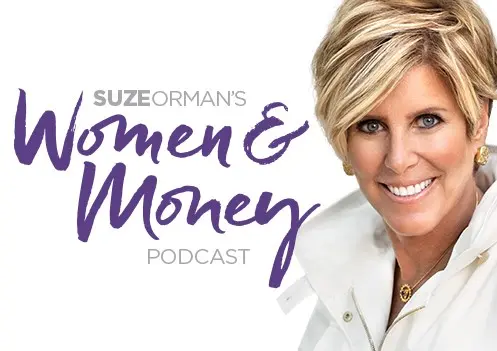The fall open enrollment period is just around the corner. If you’re like most people you’ll give it little attention and just stick with whatever you have this year. Big mistake.
I want you to take the time to carefully comb through the details of every benefit and make sure you are making the best choices that will help build security in 2017 and beyond.
Some tips:
Retirement Savings
• Get the Maximum Match. About one in five employees doesn’t contribute enough to the retirement plan to earn the maximum matching contribution from their employer. Turning down money from your employer is nuts.
• Consider Increasing Your Contribution Above the Match. You know my top strategy is to invest in your 401(k) or 403(b) up to the point of the match and then focus on saving in a Roth IRA. But if you want to save even more than the $5,500 annual limit for Roths ($6,500 if you are at least 50 years old) ’–and I wholeheartedly hope you do!-then by all means increase the amount you save in your workplace retirement plan. In fact, if you are lucky enough to have a plan that offers you an automatic escalation feature in your plan’—it rises once a year, typically by one percentage point-sign up for that.
• Consider the Roth 401(k). About half of employers now offer a Roth 401(k) option to go along with the Traditional 401(k). Listen to me, regardless of your age or your current tax bracket I think everyone should consider the Roth 401(k) option. To be clear, it’s a slam dunk for younger workers who have yet to hit their peak earnings but I also think higher earners should also consider saving in a Roth 401(k) The payoff is having a chunk of your savings that will be tax free once you retire. That can be very valuable, especially if you don’t expect you will need to spend down all of your retirement savings. Money in a Roth 401(k) can be rolled over to a Roth IRA once you retire, and as you know there is no required minimum distribution on Roth IRA savings. Money in a Traditional 401(k) or Traditional IRA is hit with an annual RMD’—thereby increasing taxable income-once the account holder reaches age 70 ½.
Health Insurance
• Look Beyond the Premium. I don’t need to tell you that employers are increasingly shifting more costs onto employees. But it’s a mistake to simply choose coverage based on the most affordable monthly premium. It’s so important to carefully consider all co-insurance and co-pay costs as well as the maximum annual out of pocket you could incur for the year.
• Double Check Prescription Drug Coverage. Drug costs are one of the fasting growing costs within health insurance. So it should be no surprise that insurers are tinkering with prescription drug coverage. Not only might the base cost of a prescription change, you need to make sure the drugs your family uses haven’t been shifted into a more expensive “tier” for next year.
• Give the HDHP/HSA Serious Consideration. More and more employers now offer a high deductible health plan as one of the plan options (and a quarter of large employers only offer an HDHP!). If you have a plan that offers an HDHP along with other types of coverage I encourage you to attend any HR seminars to learn more about the HDHP. I get that the mere name-High Deductible-can set off shivers, but many employers toss in some money that can be used to pay the deductible. The way that works is that anyone with an HDHP is allowed to open a Health Savings Account (HSA), which works a lot like a deductible IRA, but it’s even better. In addition to an employer’s seed of your HSA you can also contribute to your HSA. I realize that means more money out of your pocket right now, but an HSA is an incredible deal. Your contributions are made with pre-tax money, which reduces your taxable income for the current tax year. Any money you don’t use from the HSA keeps growing tax free year after year (there’s no “use it or lose it” with an HSA) and if you use it for a medical expense in retirement you will never owe a penny of tax. Please give it consideration.
Top Resources for You

The Ultimate Retirement
Guide for 50+
Learn More

MUST HAVE® Documents
Online Program
Learn More





